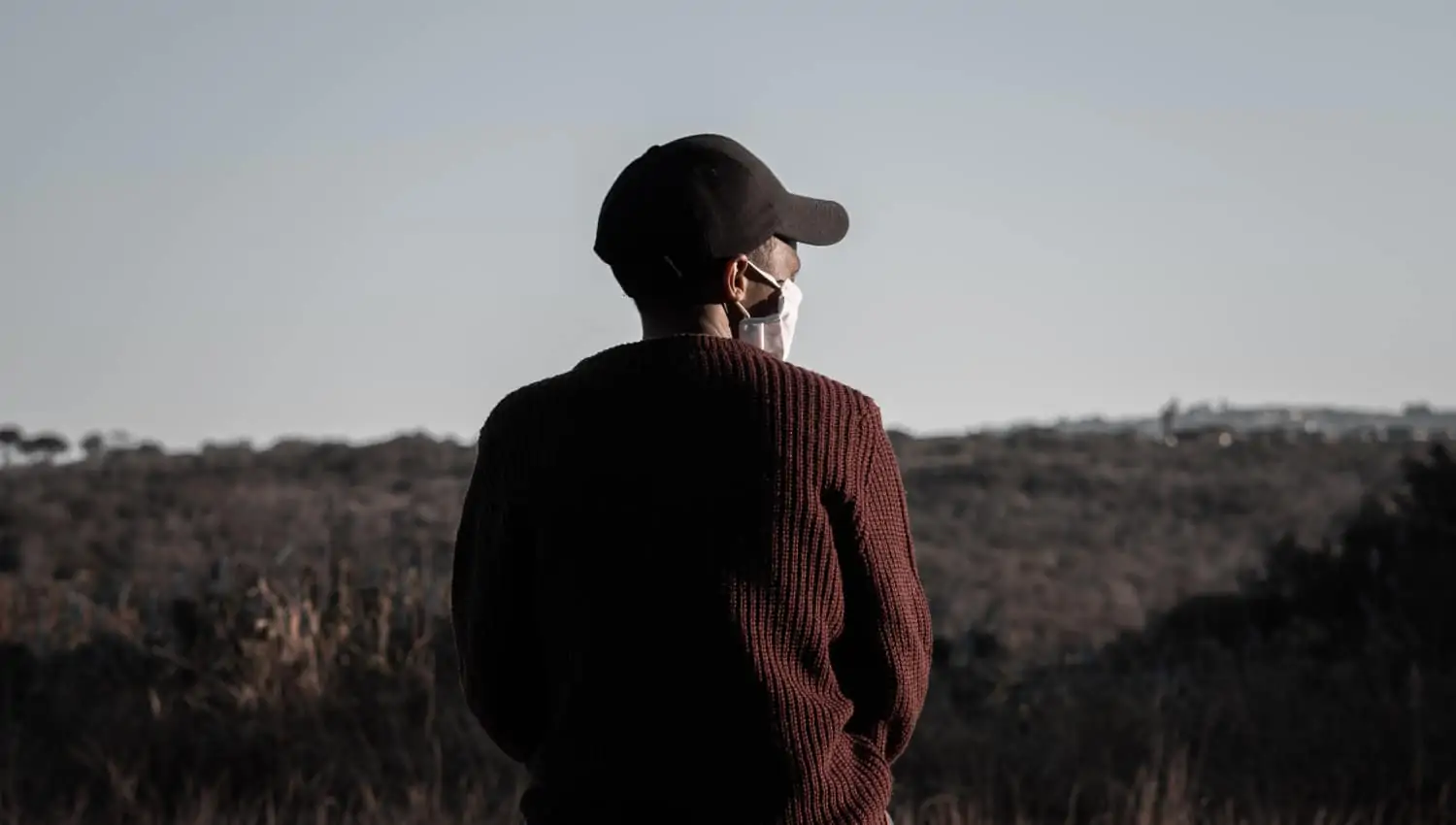By Heidi Larson & Raji Tajudeen, The Conversation.
These early shipments won’t be enough for all. Some countries have used up the limited supply they have received, while others are still waiting. But some have them, and don’t want them. This is a key challenge that vaccination drives face: vaccine reluctance.
Each country in Africa has its own mix of settings, histories and politics. This produces varied levels of trust and views on how serious COVID-19 really is. Some have questioned whether it even exists, or was fabricated by a foreign actor.
In order to understand public perceptions around COVID-19 and COVID vaccines, the Africa Centres for Disease Control and Prevention (Africa CDC) launched a 15-country study. This was done in partnership with the London School of Hygiene & Tropical Medicine’s “Vaccine Confidence Project”, which has an index that monitors public sentiments about vaccines.
The study’s initial data was collected between August and December 2020. We found that the willingness to accept a COVID-19 vaccine was highly variable across the countries surveyed. However, there was generally a positive perception of the importance and efficacy of a COVID-19 vaccine, though a significant proportion of people expressed concerns around vaccine safety. This was driven by a mix of being influenced by mis- and disinformation, a lack of accurate information, and distrust in government or international bodies.
Since the study was completed, the public has been exposed to a lot more information. This makes things more complicated as it comes in dribs and drabs, creating a fertile ground for rumour-mongering. For instance, on the real, albeit rare, risks of blood clots. There are also now concerns that some of the vaccines have expired, although health officials encourage continued use as new vaccines typically start with a shorter suggested shelf life which increases as the vaccine is monitored over longer periods of time.
Moving forward, it is vital for health authorities and public policy makers to understand public attitudes and what is driving them. This is key in guiding much-needed communications and engagement strategies in the COVID-19 vaccine rollouts.
Willing to take it
We surveyed over 15,000 respondents from 15 countries. Of these, 42% reported that they had been exposed to a lot of disinformation, with men (45%) having seen more disinformation than women (38%). Those who had the most exposure to social media were the most likely to be reluctant about taking a COVID-19 vaccine if it were offered.
Nearly 50% of the respondents believed that COVID-19 was planned by a foreign actor. Of these, 71% pointed to China and 35% had “heard rumours” about the USA.
However, despite the exposure to mis-and dis-information, the study revealed that four out of five respondents (79%) would take an approved COVID-19 vaccine. This ranged from a high of 94% willingness in Ethiopia to a low of 59% in the Democratic Republic of Congo. This compares to a high of 98% willingness in Vietnam and a low of 38% in Serbia.
Changing situation
In other surveys run by the Vaccine Confidence Project – from 2020 to 2021 – we have seen the toll that recent uncertainty has taken on public confidence. In Nigeria, for instance, confidence in the perceived safety and effectiveness of an approved COVID-19 vaccine has dropped precipitously in the past month.
When we started monitoring COVID-19 vaccine perceptions in May 2020, 49% of Nigerian respondents strongly agreed that an approved COVID-19 vaccine would be safe and 47% strongly agreed the vaccine would be effective.
In response to the same questions asked in March 2021 – in the context of the new AstraZeneca vaccine risks being reported in Europe, with some countries temporarily suspending vaccination – we found a significant drop in confidence. This time only 25% of the Nigerian respondents said that they strongly agreed that the vaccine would be safe, and only 24% strongly agreed that it would be effective.
In the same month, one of the actors from “MTV Shuga” – a drama series popular across the continent – posted an Instagram poll to get a read on his followers’ willingness to get vaccinated. Over 5,000 people in Kenya responded within 24 hours, with 84% of the responses saying “no thanks” or “I’m not sure” and only 12% responding “yes please”. Although the Instagram poll is not scientifically structured, it does offer insights into the general public’s perception of the COVID-19 vaccines.
MTV Shuga followed with a similar poll in Nigeria, South Africa and Côte d’Ivoire to see how the Kenya results compared to other countries in the region. In Nigeria the responses showed 70% saying “I’m not sure” and 30% replying “Yes, they’re good for us.” The results were similar in South Africa, where 69% said they were not sure, while 31% agreed that the vaccines were good for them. Respondents in Côte d’Ivoire were the most reluctant with 87% saying they were not sure about getting vaccinated and only 13% replying, “Yes, they’re good for us.”
More confidence
It is clear that more confidence is needed around what will be an increasing flow of COVID-19 vaccines to Africa.
Even though regulatory agencies and health bodies concluded that governments should continue to use the AstraZeneca vaccine given its effectiveness in preventing serious COVID-19 related illness and death, for many, their focus and anxiety is around whether that very rare risk may happen to them or someone in their family.
We need to show empathy, not judgement, for those who are uncertain and asking questions about these new COVID-19 vaccines. It is an incredible scientific and collective achievement that we have not just one vaccine against COVID-19, but multiple vaccines. At the same time, vaccine hesitancy is understandable, and even normal, in the face of the speed and newness of these vaccines, and ever-evolving information. What is needed is consistent and transparent messaging to build confidence among those unsure about getting vaccinated.
